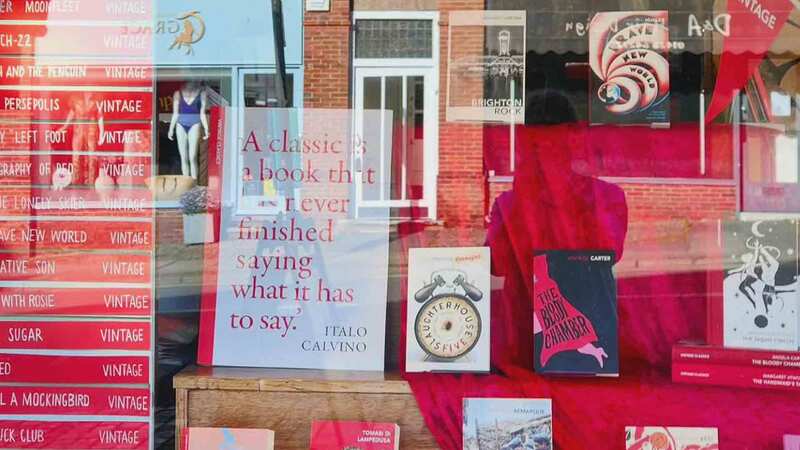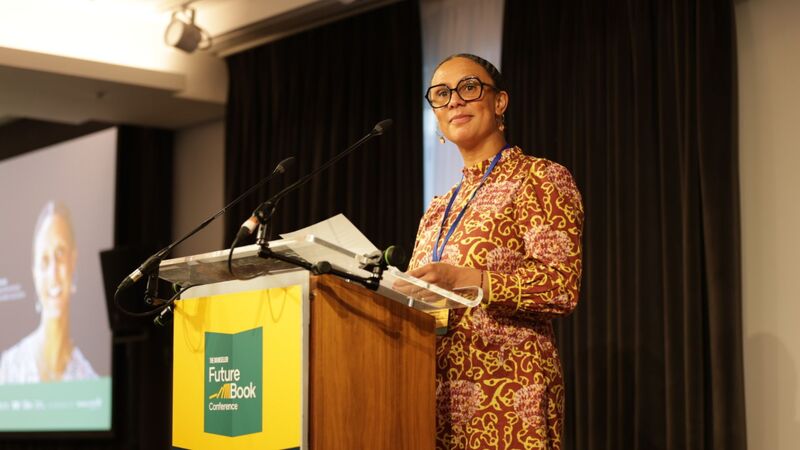You are viewing your 1 free article this month. Login to read more articles.
Maynard Keynes tops academic book vote
John Maynard Keynes’ The General Theory of Employment, Interest and Money (Palgrave Macmillan), a book about economic policy, is the academic book that has most influenced modern Britain, according to a public vote.
The public was asked to vote on the most influential title from a list of 20 academic books for Academic Book Week, which runs from 23-28th January.
Keynes’ book, which was first published in 1936, suggests that during recessions economic output is strongly influenced by aggregate demand (total spending in the economy) in the short term. It therefore advocates state intervention in the economy to moderate ‘boom and bust’ cycles.
Alan Staton, head of marketing and communications at the Booksellers Association, and member of the Academic Book Week committee, said: “Even a year ago it would have seemed that, while Keynes had so significantly helped shape Britain between 1945 and 1979, thereafter the cause of neoliberalism had triumphed. Certainly from Thatcher and Cameron no Conservative leader that I remember uttered the words ‘industrial policy’. Yet here we are with a newly-minted industrial strategy from the PM which bears distinctly Keynesian hallmarks and in desperate need of just such an economic road map as The General Theory of Employment, Interest and Money.”
Keynes’ book was voted the most influential title ahead of The Invention of Tradition (Canto Classics) edited by Eric Hobsbawm and Terence Ranger. The rest of the top five comprised: The Making of the English Working Class (Penguin Modern Classics) by E.P. Thompson; Ways of Seeing (Penguin Modern Classics) by John Berger; and Staying Power: The History of Black People in Britain (Pluto Press) by Peter Fryer.
The public was asked to vote a list of 20 books, which had been narrowed down from 128 submissions by academics.
Academic Book Week was launched in 2015 to celebrate academic titles and a series of events will be held this week, including a workshop on the subject of BOOC (Books as Open Online Content), hosted by the Academic Book of the Future project and UCL Press, as well as an event on the opportunities for booksellers and publishers of the Teaching Excellence Framework (TEF), run by the Booksellers Association.



















